Description
Haritaki is considered a Rasayana, or a substance that promotes longevity and overall health, and is believed to have a number of health benefits, including improving digestion, boosting immune function, reducing inflammation, and promoting heart health.
हरीतकी पीते विषवशदव्याधिविमुखः स्वस्थो भवति ।
दोषान्पचति रोगानपि विनशयति ज्वरं च स्मृत्वा ॥
Transliteration:
Harītakī pīte viṣavaśadavyādhivimukhaḥ svastho bhavati |
Doṣānpacati rogānapi vinaśayati jvaraṃ ca smṛtvā ||
Translation:
“One who consumes yellow Haritaki becomes free from poison, diseases, and ailments. It cures diseases and destroys fever by eliminating the root cause.”
This verse highlights the healing properties of the yellow Haritaki herb and its ability to cure various diseases and ailments. It suggests that consuming this herb can promote good health and prevent illnesses by eliminating the root cause.
Vernacular names for Yellow haritaki in different languages:
- Hindi: Harad, हरड़
- Sanskrit: Haritaki, हरीतकी
- Tamil: Kadukkai, கடுக்காய்
- Telugu: Karakkaya, కరక్కాయ
- Kannada: Alalekaayi, ಆಲಲೆಕಾಯಿ
- Malayalam: Katukka, കടുക്ക
- Bengali: Haritaki, হরিতকী
- Gujarati: Himmej, હિમ્મેજ
- Marathi: Hirda, हिरडा
- Punjabi: Har, ਹਰ
- Nepali: Harro, हर्रो
- Assamese: Silikha, শিলিকা
- Oriya: Harida, ହରିଦା
- Manipuri: Heikru, হেইকৃ
- Konkani: Hirimaddi, हिरिमड्डी
- Tulu: Hareke, ಹರೆಕೆ
- Urdu: Halela siyah, ہلیلہ سیاہ
- Arabic: Halilaj aswad, هاللج الأسود
- Persian: Halileh sefid, هالیله سفید
- Turkish: Karabahar, كاراباهار
Yellow haritaki, also known as Terminalia chebula or Harad, is a tree native to Southeast Asia and is widely used in Ayurveda for its medicinal properties. The pods of the yellow haritaki fruit are also used in Ayurvedic medicine and are believed to have several health benefits.
Some of the Ayurvedic benefits of pods of yellow haritaki are:
- Digestive health: The pods of yellow haritaki are known to have a strong laxative effect, which can help regulate bowel movements and relieve constipation. They are also believed to stimulate the production of digestive enzymes and improve digestion.
- Respiratory health: Yellow haritaki pods are believed to have expectorant properties, which can help in the treatment of respiratory conditions such as asthma, bronchitis, and coughs.
- Immune system support: The pods of yellow haritaki are rich in antioxidants and can help boost the immune system. They are also believed to have antimicrobial properties and can help fight off infections.
- Oral health: Yellow haritaki pods are used in Ayurvedic medicine to treat oral health problems such as gum disease, bad breath, and toothaches.
- Skin health: The pods of yellow haritaki are believed to have anti-inflammatory properties, which can help soothe skin irritation and promote healthy skin. They are also used in Ayurvedic medicine to treat skin conditions such as eczema and psoriasis.
- Cardiovascular health: Yellow haritaki pods are believed to have cardioprotective properties, which can help maintain healthy blood pressure and cholesterol levels. They are also believed to have a positive effect on heart health by reducing inflammation and oxidative stress.
- Joint health: The pods of yellow haritaki are used in Ayurvedic medicine to treat joint pain and inflammation. They are believed to have anti-inflammatory and analgesic properties, which can help alleviate joint pain and stiffness.
- Detoxification: Yellow haritaki pods are believed to have detoxifying properties and can help eliminate toxins from the body. They are also believed to have hepatoprotective properties, which can help protect the liver from damage.
- Mental health: The pods of yellow haritaki are used in Ayurvedic medicine to treat mental health problems such as anxiety and depression. They are believed to have a calming effect on the mind and can help reduce stress and anxiety.
- Anti-aging: Yellow haritaki pods are believed to have anti-aging properties and can help improve skin elasticity and reduce the appearance of wrinkles. They are also believed to have a rejuvenating effect on the body and can help promote overall health and well-being.
As with any herbal remedy, it is important to use yellow haritaki pods in moderation and under the guidance of a qualified Ayurvedic practitioner. While they are generally safe, they may interact with certain medications and may not be suitable for everyone.
Yellow haritaki nutritional value :
| Nutrient | Amount per 100 grams | Daily Requirement |
|---|---|---|
| Calories | 319 kcal | N/A |
| Carbohydrates | 78.5 g | 130 g |
| Fiber | 43.5 g | 25 g |
| Protein | 3.3 g | 56 g |
| Fat | 0.9 g | 44-77 g |
| Vitamin C | 84.4 mg | 90 mg |
| Calcium | 370 mg | 1000-1300 mg |
| Iron | 31.7 mg | 8-18 mg |
| Potassium | 700 mg | 2000-3000 mg |
| Sodium | 3.3 mg | 1500-2300 mg |
General dosage guidelines for Yellow Haritaki in Ayurveda:
| Form of Yellow Haritaki | Dosage | How to Take |
|---|---|---|
| Powder | 1-3 grams | Mix with warm water, honey, or ghee |
| Decoction | 50-100 ml | Boil 1-2 teaspoons of Yellow Haritaki powder in water, strain, and drink |
| Capsules | 1-2 capsules | Take with warm water after meals |
| Tincture | 2-4 ml | Take with water, juice, or other beverages |
To know more about this , Please watch the Video !!
Courtesy : AyurvedShala
Disclaimer: Please note that it is important to consult with a qualified Ayurvedic practitioner before using any herb for therapeutic purposes, as the benefits may vary depending on the individual’s health status and dosha imbalance.
Note:
Minimum order value Rs.100 only.
All shown prices are inclusive of GST.
Free shipping on orders above Rs.1000.
Flat Rs. 99 Shipping Charges on orders below Rs.500 and Rs 49 order between Rs.501-999.
Actual product images used, product and image color may slightly differ.
Secure Payment by Razorpay and Paytm. Learn more about secure payments.
7 Day Returns is applicable in case the item is damaged, defective or different from description. Check our Return Policy

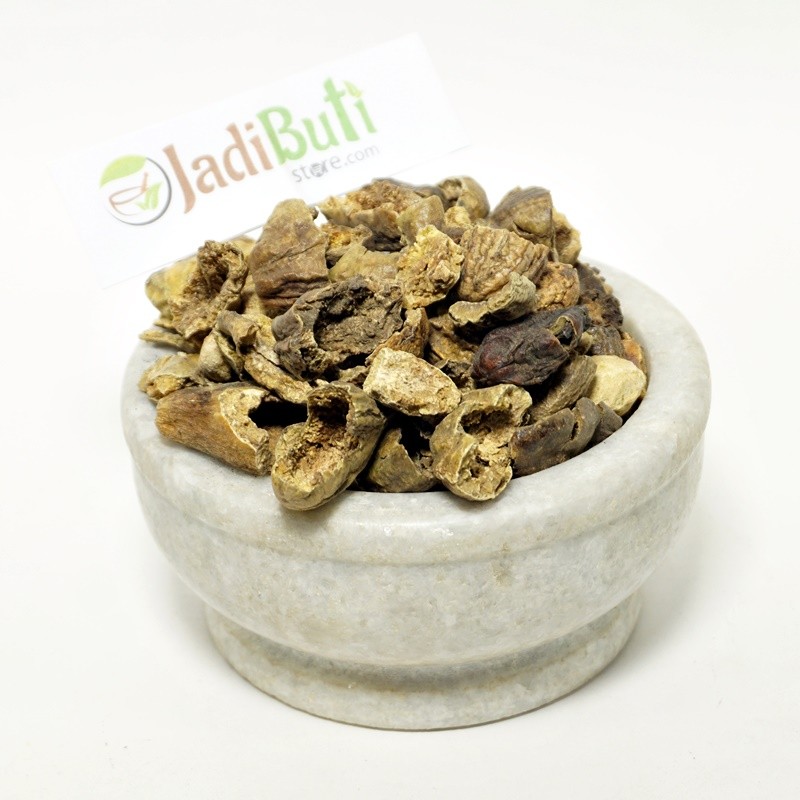
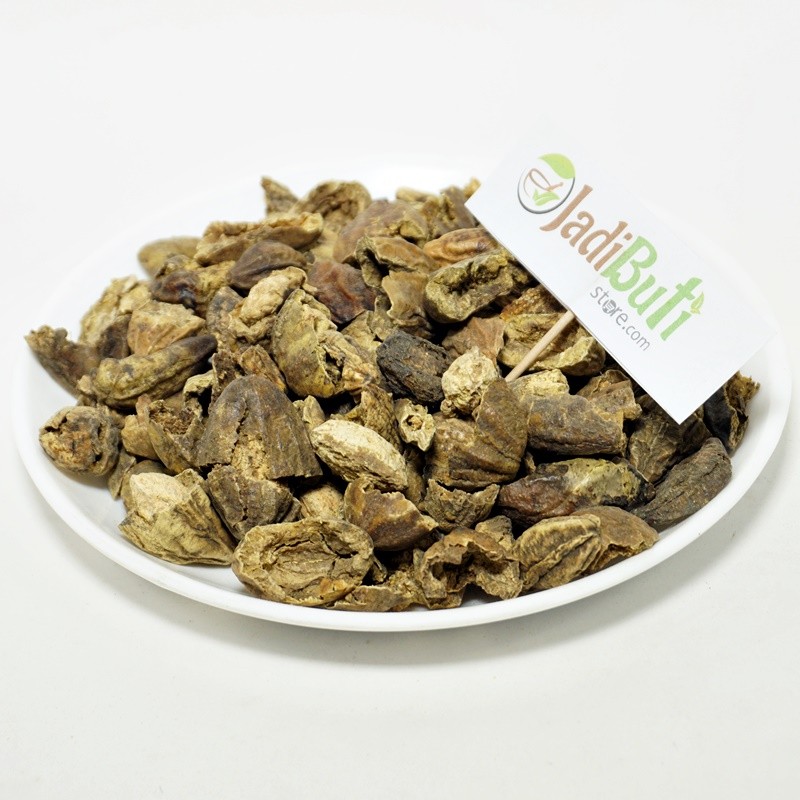
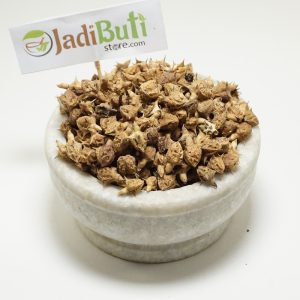

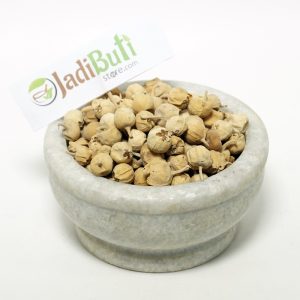
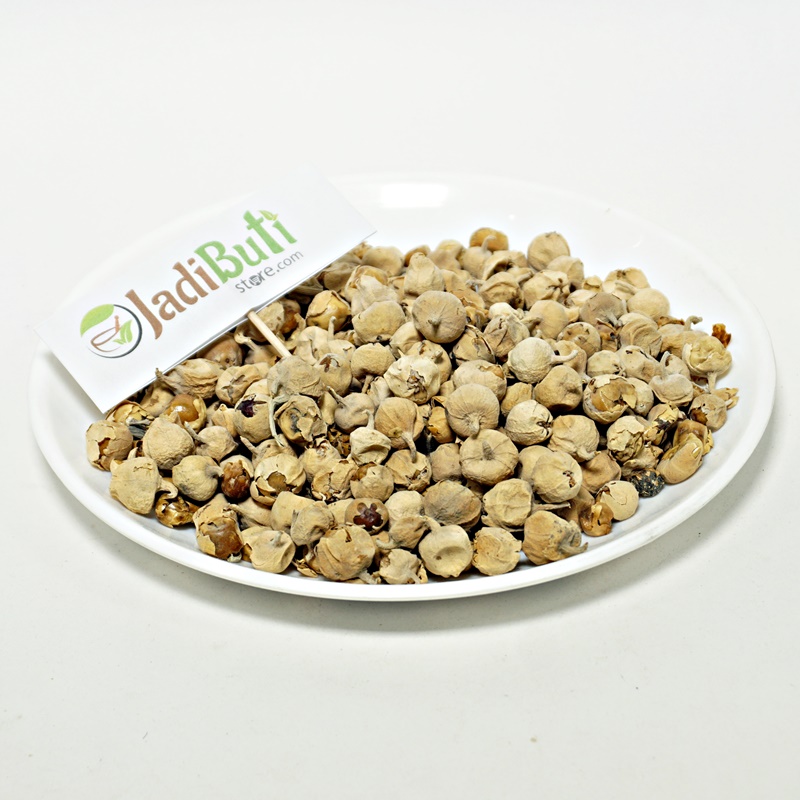
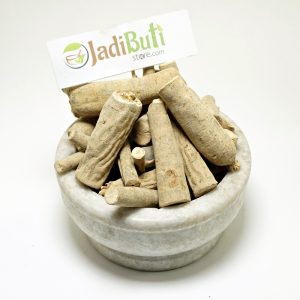
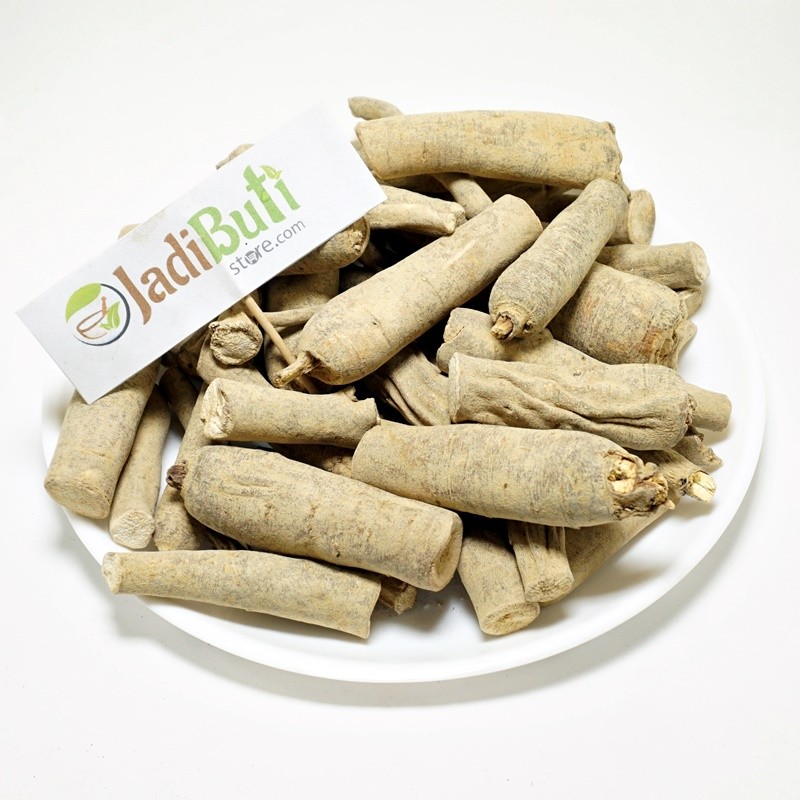
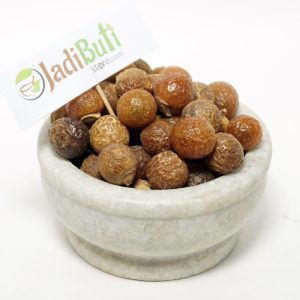
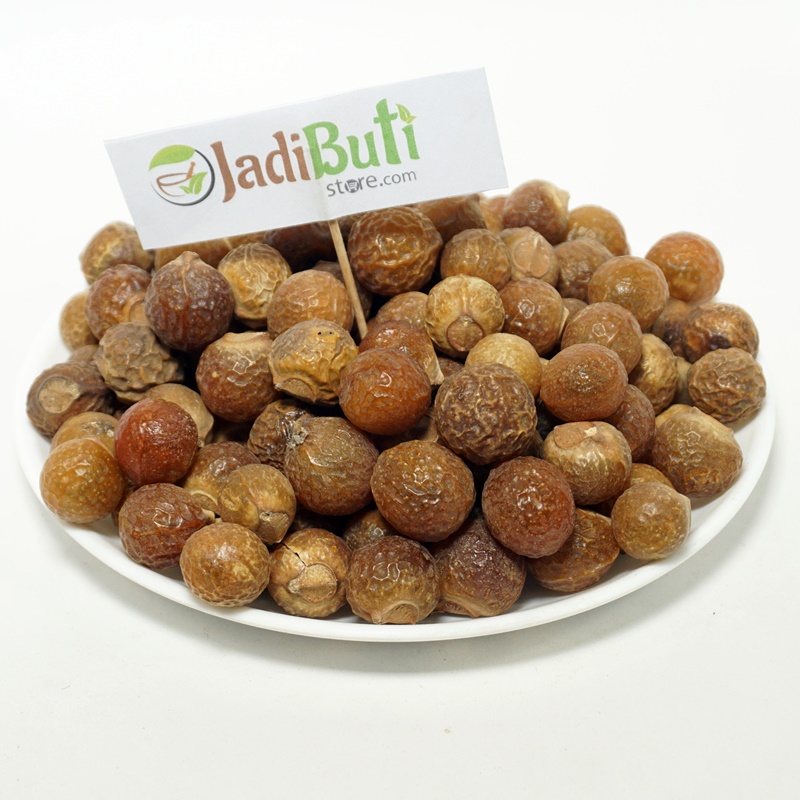
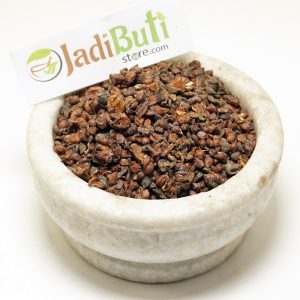
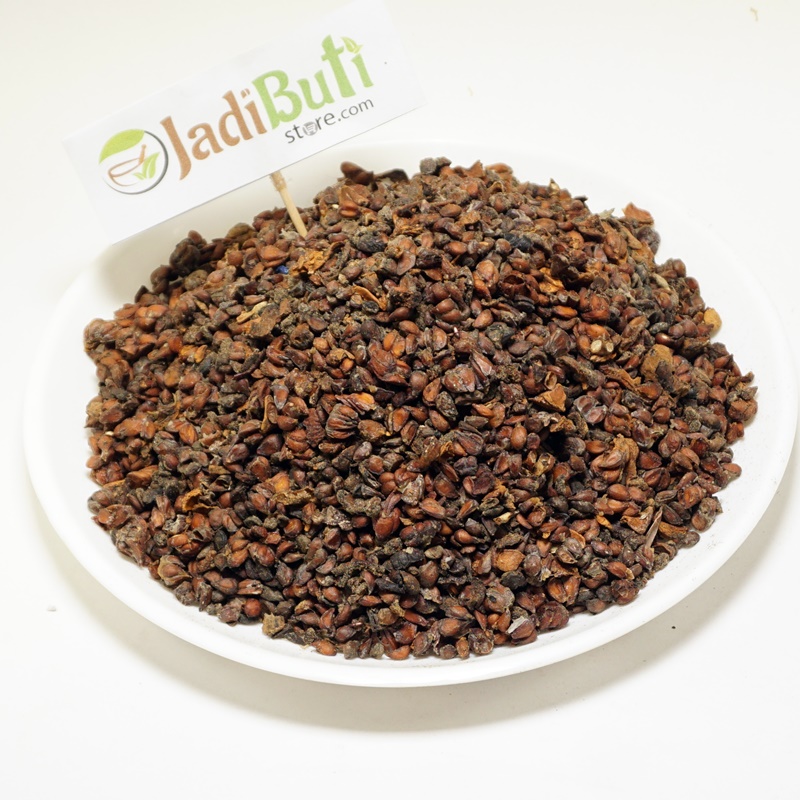
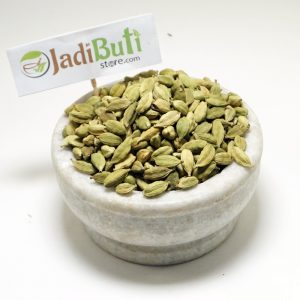
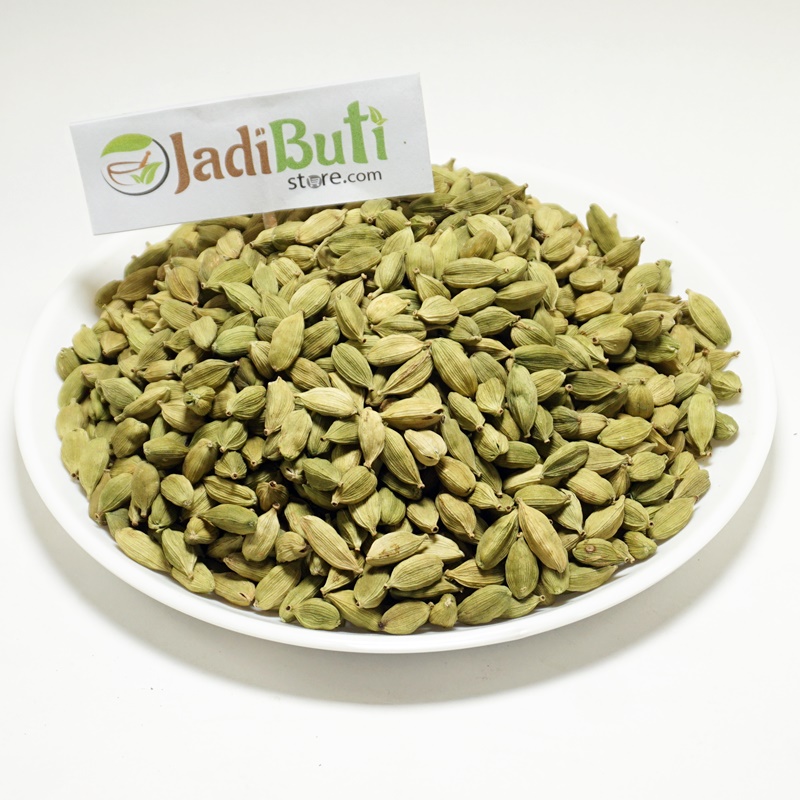
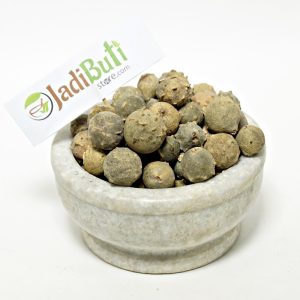
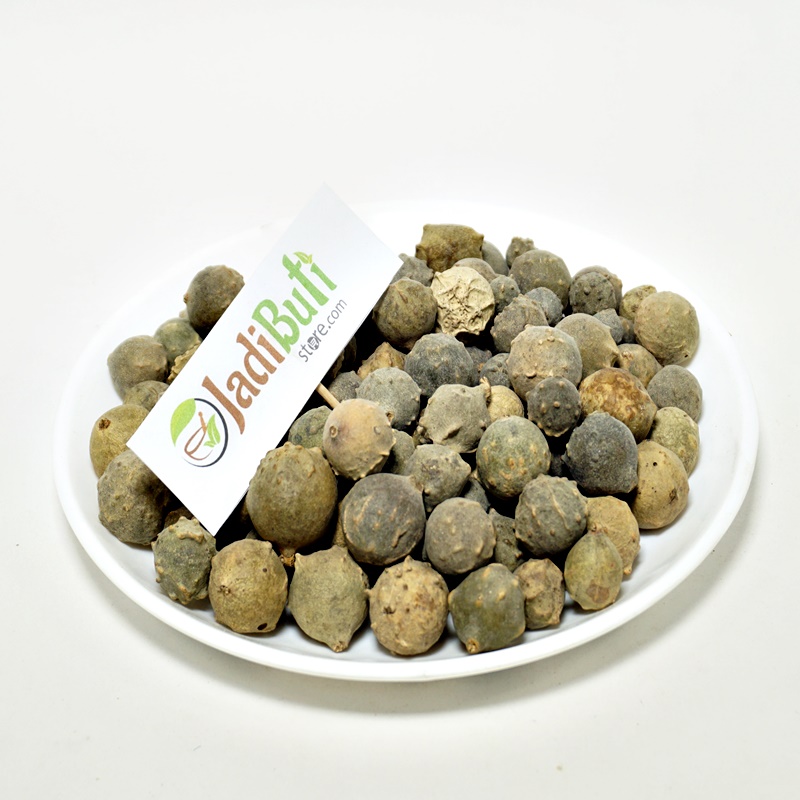
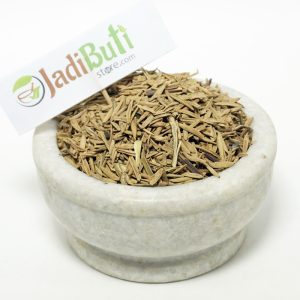
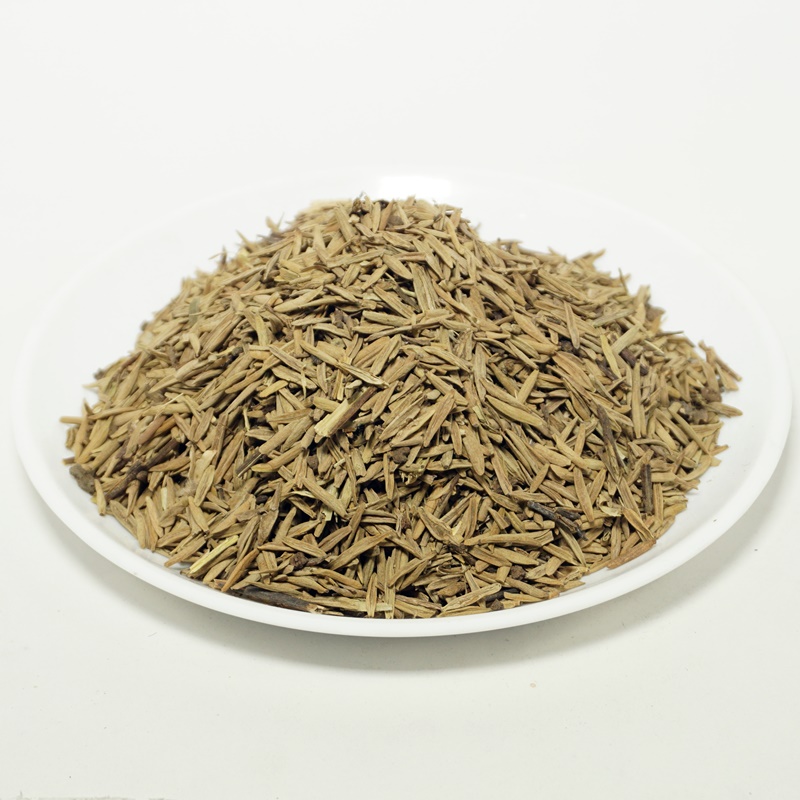
Reviews
There are no reviews yet.